Antonio Damasio published Descartes’ Error in 1994. Through his research, Damasio (learn more about him here) found no evidence of separation between our mind and body and how they process external stimuli. There is no separation between rationality and emotion. His research showed that emotions guide (or bias) our behavior and decision making. He says, “Reason may not be as pure as most of us think it is or wish it were… emotions and feelings may not be intruders in the bastion of reason at all: they may be enmeshed in its networks for worse and for better.”
He’s suggesting that most, if not all, human decisions are based on irrational emotions, not rational facts.
If you’re like the executives I support, this interests you because it offers a deeper view into your authentic self and why you do what you do. You may look back at decisions made and wish you selected differently. It’s important to understand that life is a decades-long experiential-learning process and mistakes made are actually your best educators (see my Instagram post about this).
You use patterns, data, and big data to make fact-based decisions because you’ve been trained by the K-12 and university education systems to believe that approach mitigates your personal risk, distributes responsibility to others, and is the basis of safe and societally-acceptable decisions.
Is that true?
Partially.
The underlying reason why you do this is you desire to avoid being shamed (excluded from a group). Review Brene Brown’s work (brenebrown.com) if you’re skeptical of this. Humans desire to be trusted, respected, and accepted for who we are. But, are you making “rational” decisions at the cost of living life as the most authentic version of yourself?
Likely.
I request the people I serve to complete the TriMetrix® EQ assessment which reviews the DISC (the how and what of human communication and behavior), the 12 Driving Forces® (human motivators, why we do what we do), and emotional intelligence (self awareness, social awareness, self regulation, social regulation, motivation). In many cases, the client rates him or herself low on self regulation, which is the ability to control or redirect impulsive behaviors and emotions. From experience, I know emotional reactivity occurring today is due to a past wound that has not been addressed. It’s been suppressed for years, sometimes decades.
That’s not good.
When clients have not accepted their past experiences, or continue to assign a negative emotion to the experience, I know I can work with them to assign a positive thought, feeling, or emotion to that experience. Although the event happened, what did you learn? How did that learning benefit others? What impact have you had on your team or community? It’s possible the pain experienced can then become your purpose later in life… if you allow it to.
Why do you think I refer to my coaching process as The Pain-to-Purpose Journey?
Often, defining your authentic leadership style is dependent upon how quickly you can –
- forgive anyone, including yourself, for causing you pain,
- remember scenarios without feeling anger or sadness,
- focus on what you have to gain, not what you have to give up, through change,
- realize that someone else insulting you isn’t painful; it’s the part of your soul that agrees with the comment that is painful, and
- accept that it takes deep courage to endure the sharp pain of self discovery rather than continuing disengagement day after day after day.
Regret is a gnarly thing. I believe you’re far better off to invest six months into healing old wounds to uncover what engages you, what motivates you, and uncovers your purpose. We live in a society drowning in information, but we seem to be starved for actual wisdom… actual questions, awareness, and processes that limit our hurt, unlock our potential, and deeply engage us.
Here’s another way to say this. You stop attracting hurtful people and experiences when you heal the parts of you that once needed them and the lessons they teach you. Own your feelings. Stop blaming others for your issues. High emotional intelligence is ownership of your life’s narrative. And, if you have one person genuinely supporting you through this discovery. You’re blessed.
You think you’re making rational decisions on which person to hire, how profitable a new revenue line may be or a new location to open an office. In reality, you’re attempting to use that data to justify an emotional reaction to what you think will help you avoid shame and feel more acceptance.
Make sense?
If not, explore Thinking Fast and Slow by Daniel Kahneman, Predictibly Irrational by Dan Ariely, and Loyalty to Your Soul by Ron and Mary Hulnick.
Do you really want to uncover your life’s mission? If so, your first step may be to identify past events that need forgiveness. From there, your increased capacity for self regulation in stressful scenarios will ensure there will be fewer roadblocks. Then, you simply work a plan of small daily habits that create serendipitous opportunities for you to learn experientially, uncover your authentic self, and leave the legacy you’ve been dreaming of.
You can do it. I believe in you, irrationality and all.
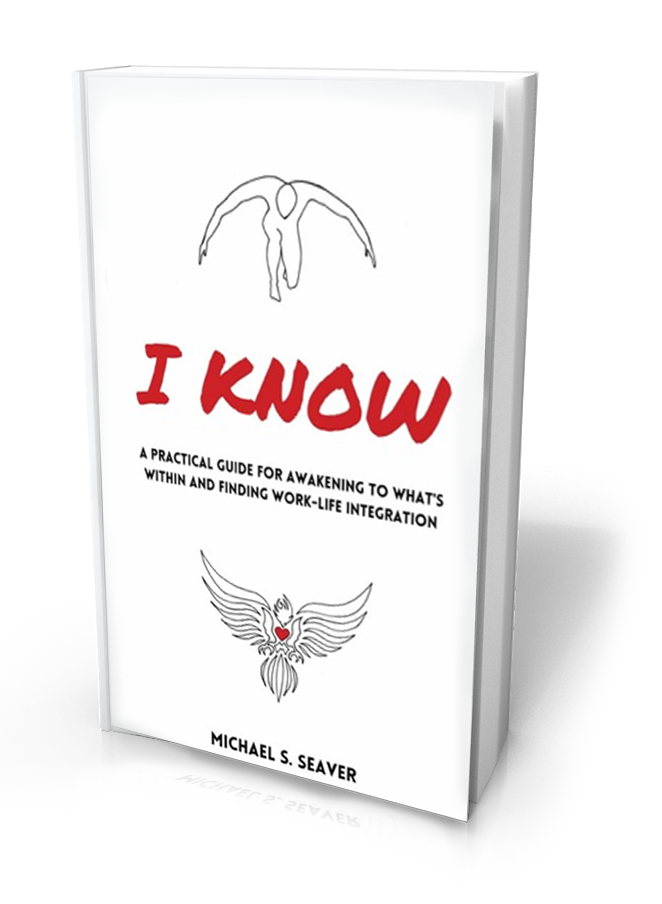

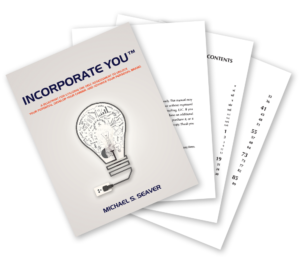
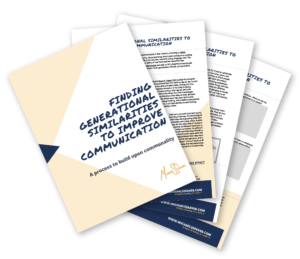
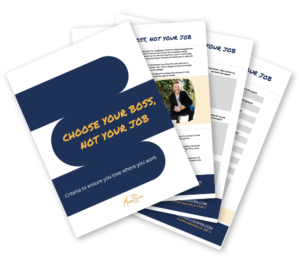
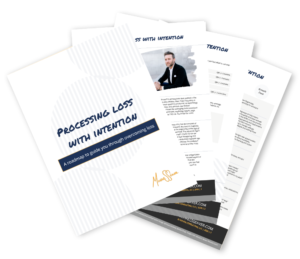
Connect with me